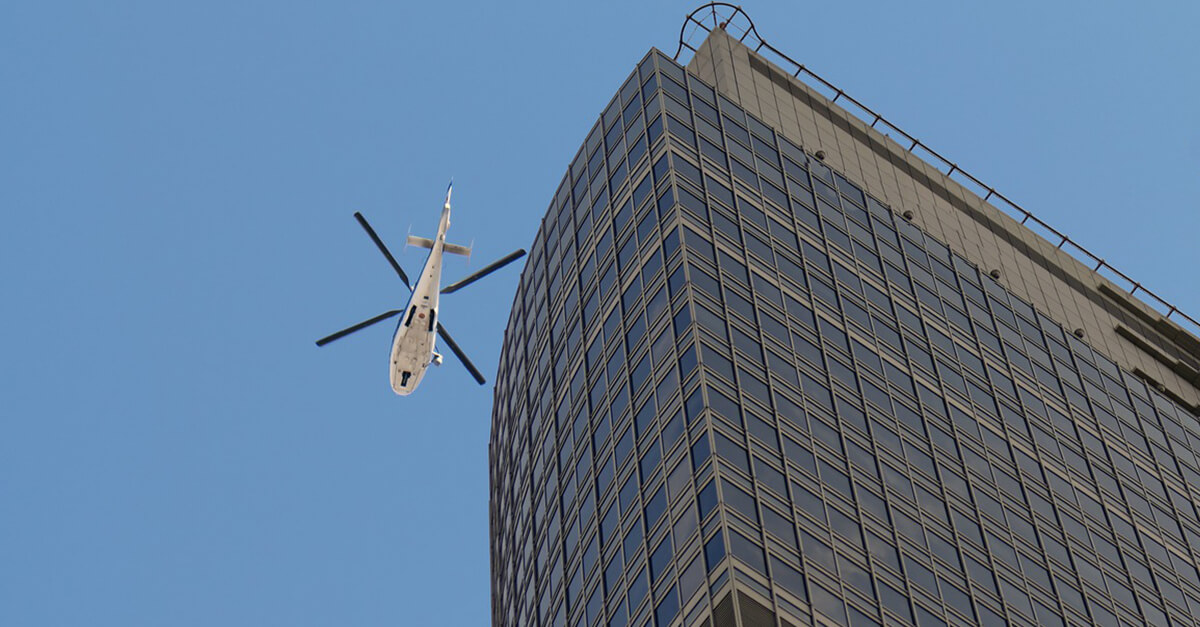
Nov. 19, 2019
NBAA, along with other aviation associations, recently opposed two bills that would restrict general aviation operations.
The first, the Improving Helicopter Safety Act of 2019 introduced by Reps. Carolyn Maloney (D-12-NY), Jerrold Nadler (D-10-NY) and Nydia Velázquez (D-7-NY), would prohibit the operation of “non-essential” civil rotorcraft in “covered airspace,” which the bill defines as “airspace directly over any city with a population over 8 million people and with a population density of over 25,000 people per square mile, including the airspace over any waterways considered within the limits of such city.”
“Not only does this legislation have no positive impact on aviation safety, but it would destroy the successful rotorcraft industry in affected areas and negatively impact the companies and individuals who rely on this transportation,” said NBAA President and CEO Ed Bolen. “Further, the bill establishes precedent for future baseless restrictions and essentially cedes federal authority over aviation safety to state and local governments.”
View a letter from NBAA and other stakeholders about this bill.
NBAA also expressed opposition to S.2607, the Drone Integration and Zoning Act (DIZA), offered by Sen. Mike Lee (R-AZ). The bill would impose restrictions on the emerging industries related to commercial unmanned aircraft systems, and could stifle future development of urban air mobility initiatives and new aircraft technology.
“This bill is a knee-jerk reaction to solve a problem that doesn’t yet and might never exist,” said Bolen. “NBAA, the FAA and other aviation stakeholders are working hard in a number of concurrent initiatives to ensure safe integration of UAS and other new technologies into the National Airspace System. Legislators should let those initiatives play out and respect the process in place to safely integrate new entrants.”
View a letter from NBAA and other stakeholders about this bill.
“In short, both of these bills would allow thousands of local governments authority over aviation safety – a realm clearly designated to the FAA in the Airline Deregulation Act of 1978,” added Bolen. “One goal of the ADA was to centralize authority over aviation regulations and policy to ensure safety for operator and passengers on a national basis. These bills would upend that regulatory model which has been successful for over four decades.”


 International Business Aviation Council Ltd.
International Business Aviation Council Ltd.